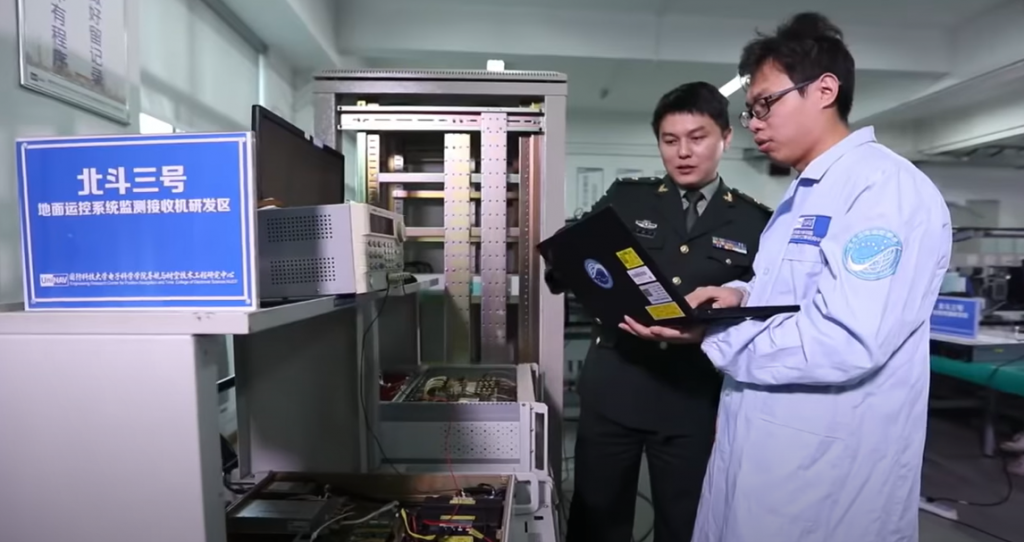The threat of espionage was “as great as ever” last year, the General Intelligence and Security Service (AIVD) writes in its annual report.
In recent years, dozens of military scientists have earned a PhD at TU Delft. (Photo: YouTube)
China in particular tried to get hold of technological and scientific knowledge from the Netherlands.
According to the AIVD, the Netherlands is an attractive target for countries that want to steal knowledge, because it is among the world’s best developed countries in the field of economics, science and technology. As well as the superpowers China and Russia, countries like Iran and Turkey are carrying out espionage/cyberespionage, the intelligence and security service claims (link in Dutch).
Studying and doing research
Last year, China was the “biggest threat” in terms of clandestine acquisition of knowledge. There was particular interest in Dutch communication, space and maritime technology. China tried to steal knowledge by means of “digital attacks, as well as via students and scientists who are studying or doing research at Dutch knowledge institutes”.
According to the AIVD, that country is giving grants so as to “put them under an obligation”. This does not mean, however, that all the students and scientists are sent to the Netherlands deliberately to spy, the AIVD says.
Russia also tried to get hold of technological knowledge, but for that country the focus seemed to be on “gathering political information”. That gives Russia an advantage in negotiations and helps it in setting policy.
Weapons systems
The Military Intelligence and Security Service (MIVD) also issued its 2021 annual report today (link in Dutch). This also emphasises the threat from China.
Previous research by the MIVD showed that China gathers knowledge via Chinese PhD students associated with Dutch universities. Some pass on information that is, for example, of benefit to the development of Chinese military technology and weapons systems. Last year, the MIVD gave “briefings on this issue” and “had discussions about security with knowledge institutions”. In March last year, Delta revealed that dozens of these PhD students were conducting research at TU Delft into such subjects as radar technology, models for war simulations, quantum computing, unmanned aircraft, algorithms for analysing and influencing users of social media, satellite navigation, optimising complex combat missions and the localisation of objects under water. These are all dual use subjects: research that has both civilian and military applications.
Acquiring information
Knowledge security has long been a source of concern. Earlier this year, the government opened a service point where researchers and board members of educational institutions can get information on topics such as international cooperative relationships. TU Delft itself has developed China Tools: a manual to help scientists decide whether they should work with a Chinese colleague.
In addition, Education Minister Robbert Dijkgraaf wants to make binding agreements on knowledge security with higher education institutions. These are intended to become an “integral part” of university policy, as the government anticipates that the Netherlands will remain a target for espionage and unwanted interference in the future.
HOP, Josefine van Enk/ Delta
Do you have a question or comment about this article?
redactie@hogeronderwijspersbureau.nl


Comments are closed.